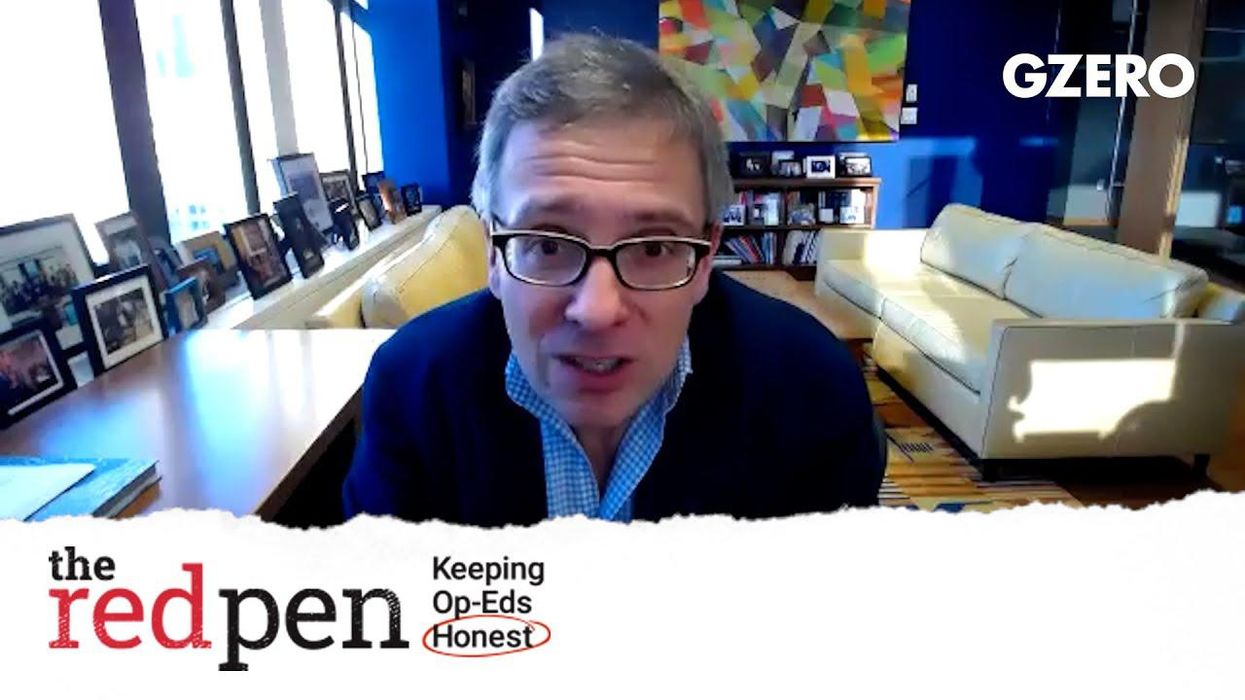GZERO Europe
Is an EU-China trade war brewing?
Is there a risk of a full-scale trade war between the European Union and China? Why is the deal between Italy and Albania on refugee centers so controversial? Carl Bildt, former prime minister of Sweden and co-chair of the European Council on Foreign Relations, shares his perspective on European politics from Vienna, Austria
Oct 14, 2024



